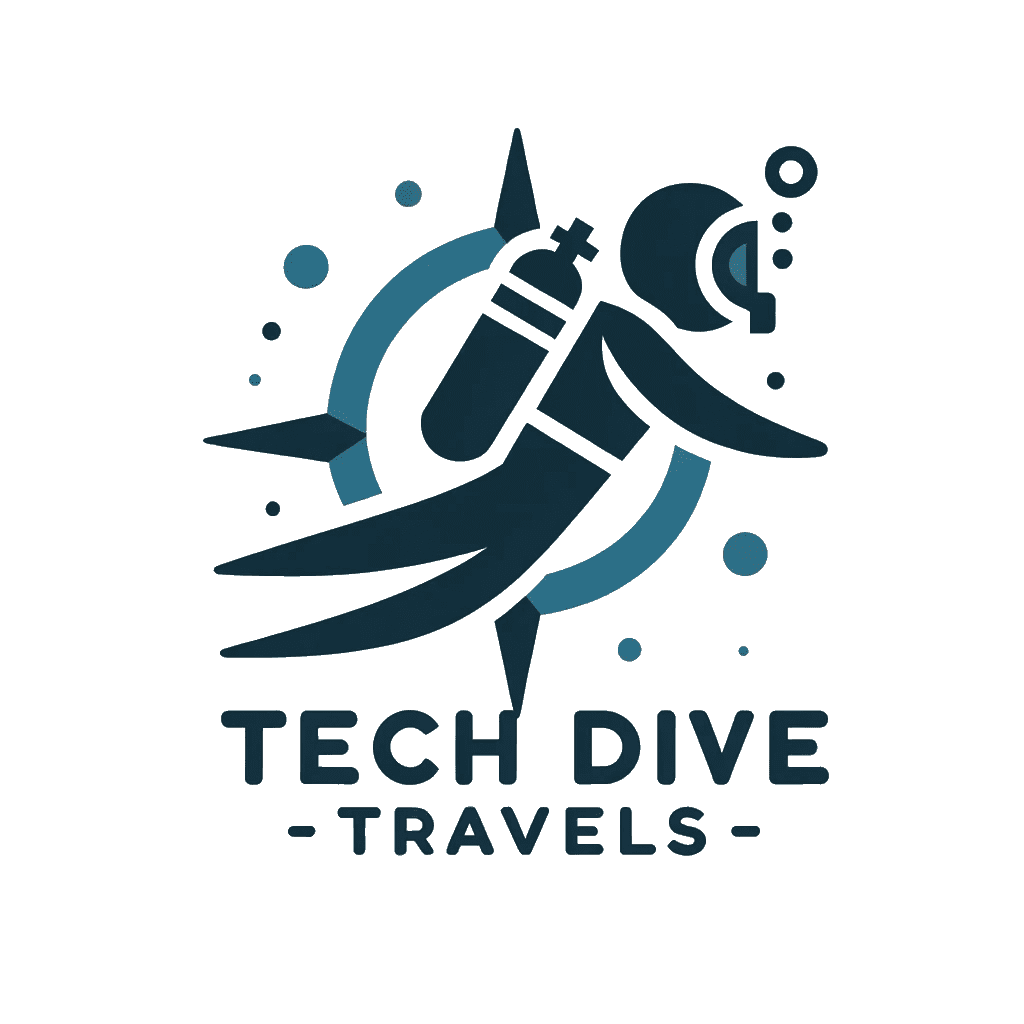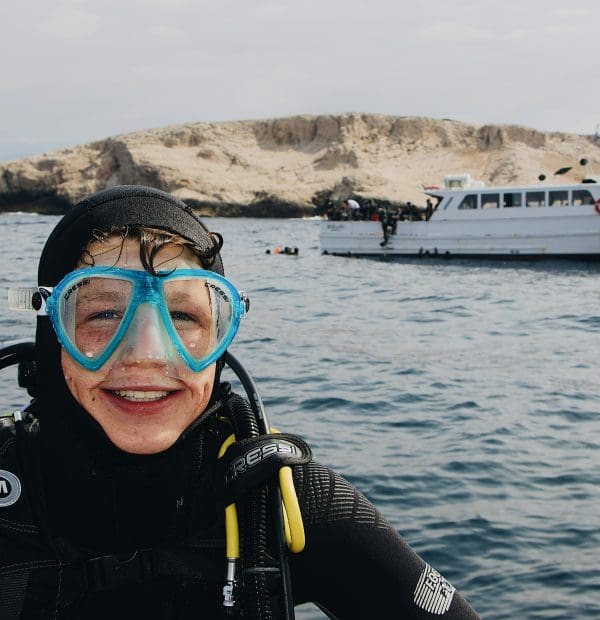Beginner Scuba Diving Certifications
Introduction
To ensure safety and competency underwater, it is important to get the right certification as a prerequisite for scuba diving. This article is meant for beginners who want to know about foundational certifications required in recreational scuba diving. Scuba certification presents an opportunity to many people of exploring beneath the waves, gaining thrilling experiences and developing deeper love for marine life habitats.
Why Beginner Certifications are Important?
These qualifications teach divers basic skills and knowledge necessary for safe diving. It does not only show how to use scuba gear correctly but also covers important safety procedures which enable divers to handle common underwater situations as well as emergencies. By laying this groundwork, first-time certificates make every dive enjoyable and secure thus setting stage for further discovery while at it.
Open Water Diver Certification
Overview
The open water diver certificate is the most widely known entry-level scuba qualification worldwide. It is intended for people with no prior experience in diving and equips them with enough essentials to dive alone or with others up to 18 meters deep (60ft).
Training Requirements
During an Open Water Diver training course there are different sections that must be passed so that one can become certified:
- Academic Sessions: A student learns theory behinds dives either through classroom lessons or e-learning modules which cover such topics like basic dive physics, physiology, equipment used during dives among other things.
- Confined Water Dives: These practices happen either in a pool or any other calm shallow place where trainees demonstrate their ability to perform skills like mask clearing, buoyancy control etc., needed while under water using scuba gear.
- Open Water Dives: Here learners should do several real life dives showing how they can apply what was taught on land into deep waters before being awarded this particular type of certification; usually four over two days.
Certification Process
The following are steps taken by individuals willing to earn Open Water Diver qualifications:
- Enrollment in a Course: This should be done with a dive center that has been certified for this.
- Completion of Academic Study: Ensure all the theoretical components have been passed as required.
- Successfully Perform Required Dives: Indicate competency both in confined and open water settings during training sessions as per set standards.
- Final Examination: Take final written test which demonstrates knowledge understanding on core concepts related to scuba diving safety measures among others (this is usually after other forms of assessments).
Recognizing Bodies
Various scuba diving organizations present Open Water Diver certificates including:
- PADI (Professional Association of Diving Instructors)
- SSI (Scuba Schools International)
- NAUI (National Association of Underwater Instructors)
Most certifications from these organizations are generally accepted worldwide thus allowing holders to dive anywhere across the globe provided they go through recognized dive shops.
Cost and Time Commitment
The amount charged for an Open Water Diver certification differs depending on where one goes or dives at; it can also vary with different centres even within same area. On average though, such courses take about three to seven days complete costing between $350-$700 inclusive materials used during training periods like books, equipment rental fees as well instructors’ time. However some places could offer more affordable options especially when coupled with travel packages.
In conclusion, this part gives new divers clear expectations about what they need to do before attaining their open-water diver certification plus how much preparation is involved for such exciting journey into underwater exploration.
Scuba Diver Certification
Description and Limitations
Scuba diver certification is actually an open water diver certificate that can be obtained within a shortened period of time. This course is just right for people who want to learn diving fast but do not have enough time to finish the full OW course. The certified individual will be allowed, under direct supervision from a scuba professional, to go 40ft deep or 12m below the surface. Moreover, it suits tourists who would like guided dives while on vacation instead of committing themselves into taking complete certifications.
Perfect Candidates
Who should acquire this certification?
- Vacationers: These are individuals who would love diving during their vacation but with limited training hours.
- Young or New Divers: Younger or inexperienced divers might feel more confident if there is a dive master around them all times.
- Busy People: Those whose tight schedules cannot allow them take part in the entire Open Water Diver program.
Upgrade Pathway
One can upgrade from being a scuba diver to obtaining an open water diver qualification by undertaking additional training modules plus meeting diving requirements. More often than not this entails further academic lessons, confined-water skills practices among others; where one also needs to complete remaining open-water dives which count towards achieving OW certification standards.
Cost and Duration
Typically, Scuba Diver courses take shorter period and costs less than full OW certificates. Most programs last for two days and prices vary depending on location but usually range between $200-$400; this caters for instruction fee together with equipment use as well as number dives done during training though charges may apply when upgrading to an OWD level.
Choosing The Right Course For You
Things To Consider When Choosing A Course:
- Personal Objectives With regards To Diving: Are you looking forward just having fun while on holiday or plan on pursuing more advanced dive opportunities later in future?
- Local vs Vacation Certifications: Where do you intend doing most of your dives? Some people prefer training under local conditions so as to be familiar with their own waters while others opt for exotic destinations.
- Physical Fitness: It is important that one feels comfortable being in water and has ability of coping up with demands associated with diving such as dealing currents and maintaining buoyancy control among others.
Choosing a Dive School or Instructor
Selecting the right dive school or instructor is critical for a safe and enjoyable learning experience:
- Certifications & Reviews: Check whether the school/instructor is certified by agencies like PADI, NAUI, SSI etc.; also read through testimonials given by past students who have trained with them before making final decision on which one suits best your needs?
- Safety Measures – Does the dive center have good safety record? Do they provide thorough briefings prior each dive operation? Is their equipment well maintained?
- Instructor Compatibility: You need an instructor whose teaching style matches well with your learning abilities so that you can understand everything being taught easily; besides this should also be someone whom you feel comfortable around during entire training period because positive relationship always enhances knowledge acquisition process even further.
Learning Options
- In-Person vs. Online Theory Classes: Schools offer the theoretical part of course over the internet, which is more accessible to people with busy schedules but lacks face-to-face interaction where immediate answers can be given to student’s questions.
- Hybrid Courses: Some courses offer a combination of online theory and practical dives at a dive center. This option combines the flexibility of online learning with the benefits of hands-on experience.
Knowing these things will enable them choose the right certification and dive school so that their diving adventures don’t become a flop. These choices are a diver’s first steps which set them up for safe and fun underwater explorations.
Preparing for Your Dive Course
Physical Preparation
Scuba diving is physically demanding therefore good health and moderate fitness levels are necessary. Before joining any scuba diving class, it’s important to be comfortable in water bodies as well know how to swim. Engaging in regular cardiovascular exercises coupled with strength training can increase your endurance while swimming thus making you feel better throughout your dive trips besides enhancing safety precautions.
Equipment Overview
Although beginners’ kits usually have rental gear inclusive in their fees; comprehending what gets provided versus what you may need to buy or carry along still matters a lot. Tanks are typically supplied by dive centers alongside regulators plus buoyancy control devices commonly known as BCDs together with wet suits, masks fins snorkels. For optimum satisfaction however, it would be advisable for divers to purchase masks fins snorkels which fit them perfectly.
Mental Preparation
Mental readiness also counts much considering that scuba diving can prove daunting particularly among novices who might not know what they’re getting into exactly until experiencing it firsthand beneath those waters teeming with life! So here’s how best one should prepare mentally:
- Having Realistic Expectations: Never assume anything yet everything regarding this sport counts beginning from taking lessons all through perfecting skills required.
- Advance Studying: Try going over academic materials beforehand if possible so that you familiarize yourself with certain terms used while learning how to dive.
- Anxiety Management: It is quite normal for one to feel nervous or scared about doing something new like this, hence practicing some relaxation methods could help ease such fears alongside talking them over with an instructor so he/she can offer appropriate advice concerning same.
Common Challenges and How to Overcome Them
Ear Equalization
Ears might start paining caused by changes in pressure which occurs frequently among divers. Do the following when faced with such situation:
- Learn Equalizing Techniques: Prioritize learning equalization methods before engaging into any diving activities; these can be practiced even when not diving for example swallowing or blowing gently through nose while pinching nostrils may aid in balancing ear pressures.
- Early Often Equalization: Begin equalizing gently as soon as descent starts then continue doing it every few minutes until resurfacing provided there’s no pain experienced during equalizing procedure.
Breathing Underwater
Regulator breathing proves unnatural for most beginners thereby leading to anxiety during dives because they’re unable to breathe comfortably underwater using such equipment.
- Relax and Take Slow Breathes: Concentrate on taking slow deep breaths from diaphragm which helps save air thus maintaining calmness within oneself under these conditions.
- Limited Water Practice: Spend more time practising this technique confined waters until its usage becomes second nature so that one gets used to it quickly when venturing into open seas.
Buoyancy Control
For fun and safe diving, it is important to learn buoyancy control.
- Understand Your Gear: Understand how your buoyancy control device (BCD) works while you are doing confined water dives.
- Practice Practice Practice: Use the confined water sessions as an opportunity to practice adjusting your buoyancy in controlled conditions.
- Stay Calm and Composed: Don’t panic and make small changes. Overcorrecting will cause a yo-yo effect which is stressful and ineffective.
Becoming a certified scuba diver is an exciting journey into a whole new world of underwater exploration and appreciation. Knowing about beginner certifications like Open Water Diver or Scuba Diver certification as well as being physically prepared, mentally ready, and having all necessary equipment can help ensure success for new divers. Overcoming common obstacles such as equalizing ears while descending, breathing underwater for the first time, or mastering control over one’s ability to float are part of what makes learning how to dive so much fun but also safer.
It’s more than just going deep when getting certified; it’s about acquiring skills that will last a lifetime and open up your understanding of the ocean while promoting its conservation too. We ask all beginning divers approach this adventure with open eyes towards marine life while treating them respectfully throughout their education on this subject matter which should never stop growing no matter where one finds themselves within their scuba diving career! So go ahead take those first few steps towards becoming certified–but remember even after passing keep diving because there is always something new waiting under the waves for us!


Leave a Reply